Not only is it essential for adults, but protein for kids is also equally or even more important. A lack of protein in children leads to poor academic performance and negatively affects social and emotional development. It also leads children to be lethargic, withdrawn, and passive. That’s why protein is one of the essential nutrients our children need for healthy growth and development.
Protein for Child Growth
Protein for kids plays a vital part in the proper development of children. Though most kids obtain enough of it from the foods they eat, there may be times when supplements are beneficial.
Below are a few tips to help your child meet their protein intake needs.
Let’s explore this in detail:
- Focus on Whole Foods & Nutrition
There’s no evidence protein powder for kids is unsafe at any age, but a well-rounded diet that includes healthy protein sources should be a priority.
- Blend with Fruit, Oats, or Healthy Fats
Veggies, vegetarians, picky eaters, and kids who lack protein can benefit from the extra protein in smoothies if they are not getting adequate protein.
- Mix protein Powder for kids in Recipes
There is no harm in high-protein recipes so long as children have a balanced diet; it is safe and convenient for busy kids.
Related Readings
A lot of Protein: Which are The 23 Best Food Sources?
Hydrolyzed Whey Protein Vs Isolate & 9 Best on The Market
Protein Basics for Children
- Protein provides amino acids and enzymes to help your child’s body perform basic life functions – i.e., digestion, brain waves, muscle contraction, and blood clotting.

- It is a great source of calories that doesn’t cause a blood sugar spike (keep kids calm!)
- It also helps to keep your child full longer (happy, satisfied child!)
- It helps promote lean muscle and growth.
High-Quality, High-Protein Meals for Kids
Protein is a vital macronutrient for kids that helps in the proper functioning of the biological process in the body. The primary factor for kids is to consume quality protein rather than quantity. Amino acid is the building block of protein that helps to improve the immune system, support neurological development, and develop muscle synthesis in kids.
Today, we have compiled a list of high-protein meals for kids:
High-Protein Breakfast for Kids
- Shakes and Smoothies
- Protein Porridge
- Protein Pancakes
- Greek Yogurt & Fruit
- Eggs
Protein for Kids Lunches
- Chicken Wrap
- Planted-Based Lunch
- Snacks for Lunch
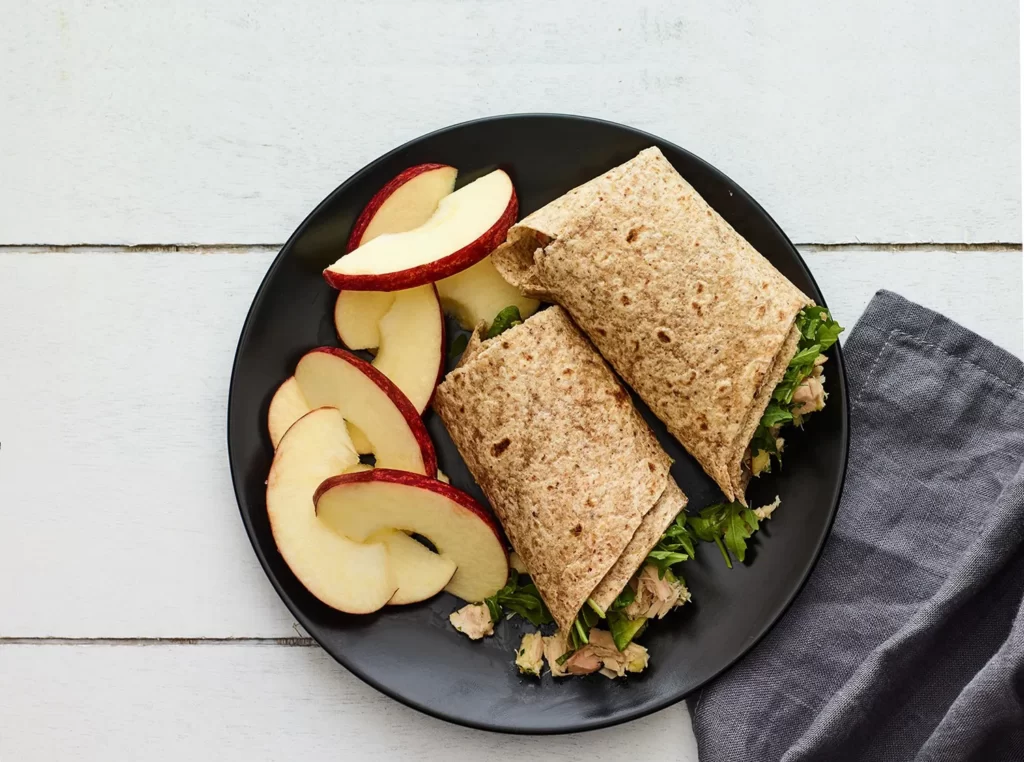
High-Protein Dinner for Kids
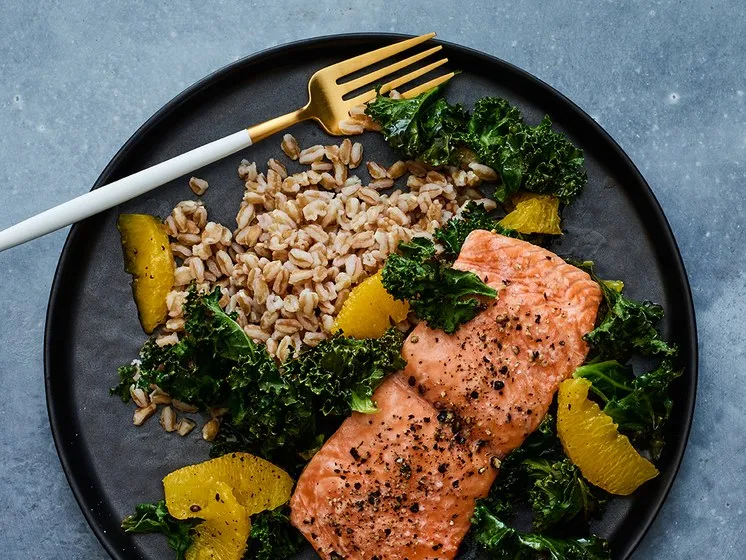
- Tofu Stir Fry
- Grilled Chicken
- Chili
- Baked Salmon
In addition, there are high protein bars for kids that can be added to any meal or taken as a snack.
5 Nutritious High Protein Foods for Your Kids
The growing years are very crucial for a child. Protein plays a leading role in the growth and development of your children. Protein is needed for the DNA, enzymes, hemoglobin, bones, hormones, antibodies, and strong growth of hair and nails.
- Milk
Cow’s milk contains calcium that is good for your child’s bones and teeth. Milk is essential for muscle building. It is a rich source of high-quality protein. It contains all the essential amino acids.

- Eggs
It increases good cholesterol levels, decreases heart diseases, and has antioxidants that promote eye health.
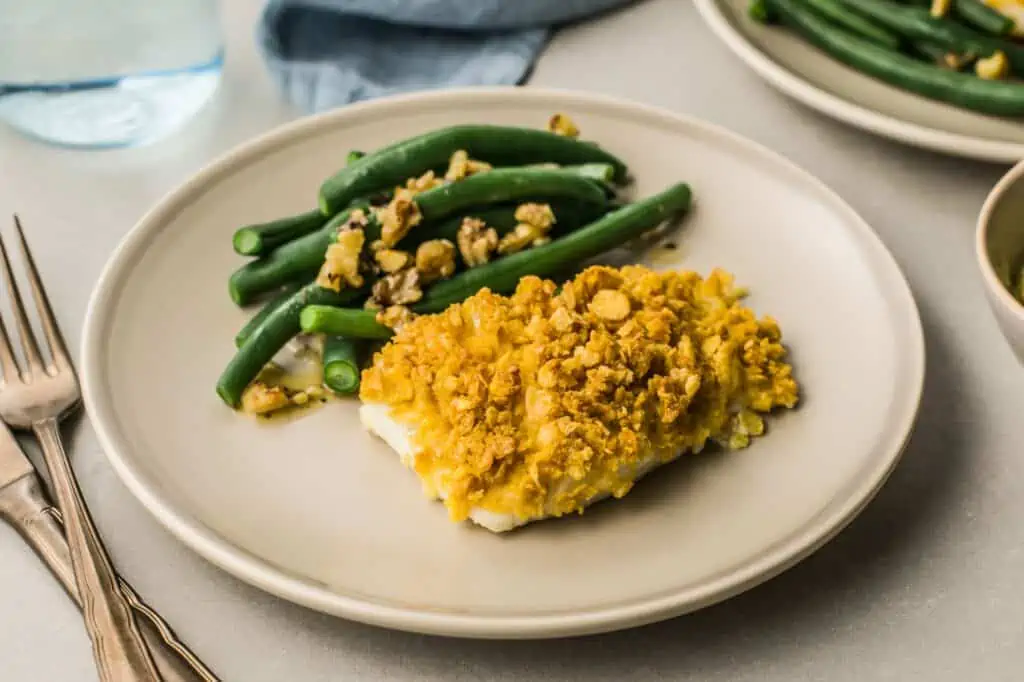
- Fish
Fish contains nutrients that fight depression and make your child happier, especially during terrible teens.
- Beans
Beans are the greatest protein source and are a powerhouse of nutrients. Fiber helps to prevent constipation in kids. A healthy bowel movement is good for your growing child.
- Cheese
Cheese boosts energy levels and is good for kids who want to shine in athletics. It also helps in building strong bone health. Health experts advise that cheese should be eaten in moderation. Therefore, healthy bones play an important role in the growth and development of kids.
5 Plant-Based Protein Sources
Toddlers and growing children require adequate protein for their growth and development.
It is a myth that only animal foods are rich in protein. Here are 5 foods that are plant-based and also rich in proteins.
Let’s explore this in detail:
- Soybean
Soybean contains the highest protein amongst all plant sources – a whopping 14.3 grams. Soybean can be consumed in many forms, including soy milk, soya chunks, and soy flour.
- Tofu
Tofu contains 8-12 grams of protein, depending on the texture. It can be consumed in different forms to make it delicious for toddlers and growing children.
- Beans
Kidney beans, pinto beans, black beans, and lentils contain proteins when cooked. These beans contain at least 7-8 grams of protein.
- Nuts and Seeds
Nuts and seeds are protein sources for a kid’s healthy growth and development. Nuts and seeds can be added to smoothies, oatmeal, milk, etc, to enhance their protein diet.
- Quinoa
Quinoa is a gluten-free, mineral-rich seed high in protein and easy to cook for children in several ways to make it healthy and tasty.

How Much Protein Your Child Should Get Every Day?
| 1-3 Years | 4-8 Years | 9-13 Years |
| 1/2 cup milk = 4 grams 1/2 cup yogurt = 4 grams 1/2 cup oatmeal = 5 grams | 1/2 cup corn = 5 grams 1/2 cup milk = 4 grams 2 ounces chicken = 12 grams | Mozzarella cheese stick = 7 grams 1 sweet potato = 3 grams 4 ounces chicken = 24 grams |
Benefits of Protein for Your Child
- Builds Muscle
Proteins help in building, maintaining, and replacing tissues in the body.
- Promote the Growth of Cells
It aids in blood replenishment, heals wounds, and regulates hair and nail growth.
- Boosts Metabolism
Through enzymes and hormones, protein ensures the body’s metabolism remains healthy.
Protein Snacks for Kids
- Start the day with protein-rich breakfasts like jumbo chickpea pancakes, banana protein smoothies, quinoa with eggs, egg and cheese sandwiches, Oatmeal, etc.
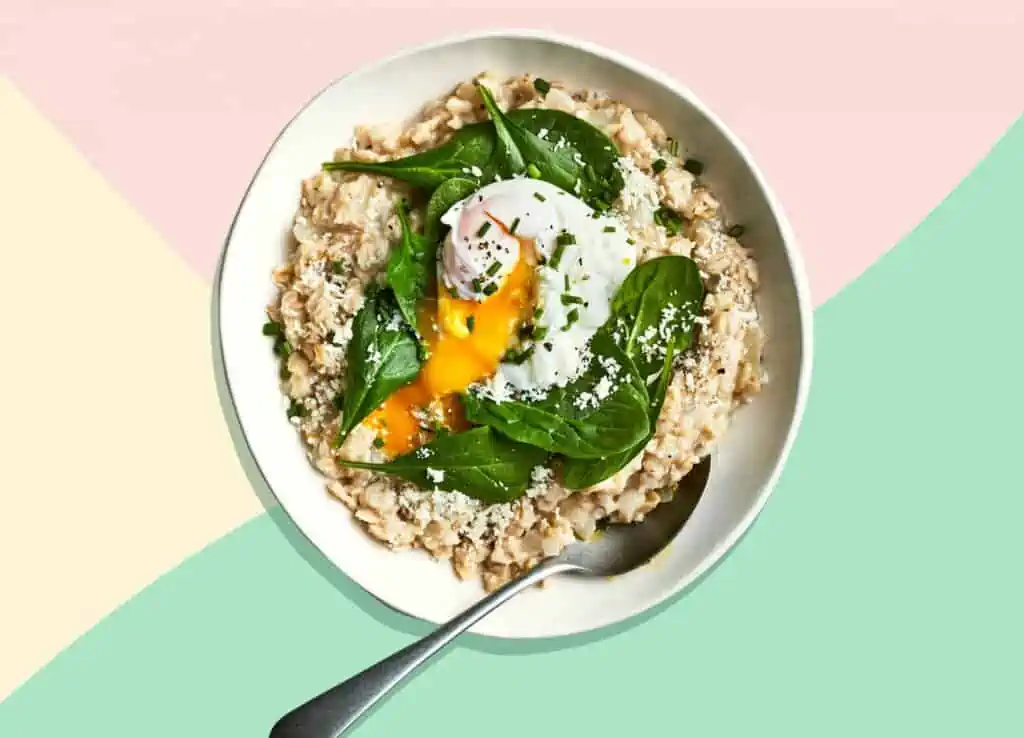
- When your child asks for evening snacks, let him have protein-rich snacks like milkshakes, yogurt, cheese, nuts, or hummus. You can make protein muffins for kids.
- Make protein-rich desserts, like milk pudding, quinoa pancakes, lentil pancakes, etc.
With a little innovation in high-protein snacks for kids, it is possible to fulfill the body’s protein requirement.
What Does Protein Provide Children?
Protein helps children grow and stay healthy. Remember that a healthy eating plan for children should have different types of food. That’s why protein intake for children should come from both vegetable and animal sources.
Consuming plant-based foods provides us with other nutrients like Vitamins and minerals. While animal-based foods provide children with some minerals and fats, too.
Let’s see which food children need to put protein in their diet.
Protein-rich dishes like legume salad or chickpea hummus are vegetable protein dishes. While animal-based foods like roast meat or eggs also contain protein. Remember, these protein-rich foods keep children healthy and strong in every way.
Does Protein Help Children to Grow Taller?
As we have already said, protein is essential for a child’s healthy growth and development. Studies have shown that adding protein to children’s diets supports height growth at a young age. There is a positive relationship between protein and height that works pretty well together for growing children.
Though height generally depends on genetic features, providing good childhood nutrition can greatly impact a person’s height.
How Do You Know Your Kids Need More Protein?
Signs that show that your kids are not getting enough protein in their daily diet.
- Poor Communication
- Lower Immunity
- Decreased Muscle Development
- Sluggish Feeling or Fatigue
- Slow Wound Healing
- Delayed Growth Rate
- Hunger
- Bone or Joint Pain
Protein provides those essential amino acids that can only be found in the food that we eat. Not consuming enough protein can mentally and physically impact growing kids. A fulfilled protein diet provides your children the strength to be healthy and enjoy life fully.
Protein Powder for Children
- Children with high-protein diets have quicker responses to stimuli compared to children with low-protein diets
- Children with a high-protein diet – having dal, sprouts, egg, or chicken 4 or more times a week had greater evoke-related potential (ERP) at 300 milliseconds, which signifies greater brain electrical activation.
- Children having protein food twice a week or less had an 80-100 milliseconds slower ERP.
Experts suggest vegetarian families include sprouts, beans, pulses, chickpeas, soya, and paneer in children’s diets. Non-vegetarians must add at least two daily eggs to their children’s diet.
Protein Shake for Kids
First, we must remember that protein shakes for kids should be supplemental and not replace meals for kids. Avoid using citrus fruits in any protein shake with dairy products. Avoid adding raw eggs to any shakes. It’s possible to have too much protein. Know the limits for your child based on weight.
Let’s look at some of the coolest protein drinks for kids:
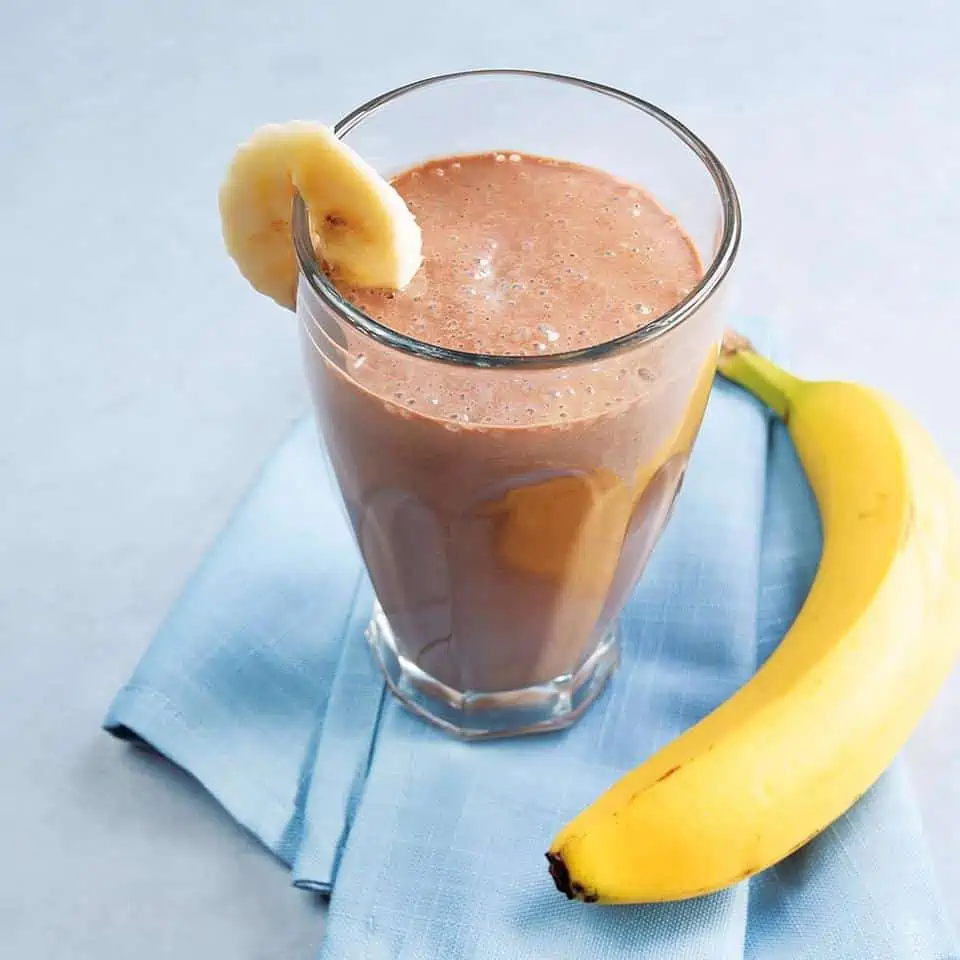
- Soy Delicious Banana Shakes
Blend 1 cup of chocolate or vanilla soy milk with a full banana and 1/4 cup cottage cheese. The result is a thick, creamy burst of protein to start your child’s day.
- Banana Nut Shake
Add a frozen banana and 1 tbsp peanut butter with milk as the base. This creates a banana milkshake with a hint of peanut taste. If your child prefers, you can add a bit of chocolate syrup to make it a chocolate shake.
- Perfect Little Parfait
Top ½ cup non-fat Greek yogurt with a handful of fruit (fresh or frozen) and a drizzle of honey. Add 2 tablespoons of toasted oats for a protein-packed crunch.
- Chocolate Milk
Low-fat chocolate milk is a great source of high-quality protein. Just try to find one that’s also low in sugar.
Whey Protein for Kids
When?
- Children with nutritional deficiencies
- Children who don’t eat well
- Children of vegetarian parents
- Very active children

Why?
- Promote growth
- Conducive to hormone production
- Aid in weight loss
- Boost immune system
Pro Tips for Protein for Kids
- Choose lean meats
- Include fish 1-2 times per week. Try canned tuna or salmon on sandwiches or crackers or in salad.
- Add legumes like chickpeas or lentils to dishes like curries or bolognese sauce for added protein 1-2 times per week.
Conclusion
Now, you can understand the importance of protein consumption in kids. Adding adequate protein to your child’s diet will help them build new cells in the body. So, don’t miss out on your child’s growth and development by removing protein from their diet.
Try to talk to your child’s doctor for a better understanding of protein in their diet.
Anil’s infectious enthusiasm and wealth of knowledge make him a natural motivator. Through his guidance and support, Anil has helped countless individuals transform their lives, empowering them to lead more vibrant and fulfilling lives.





